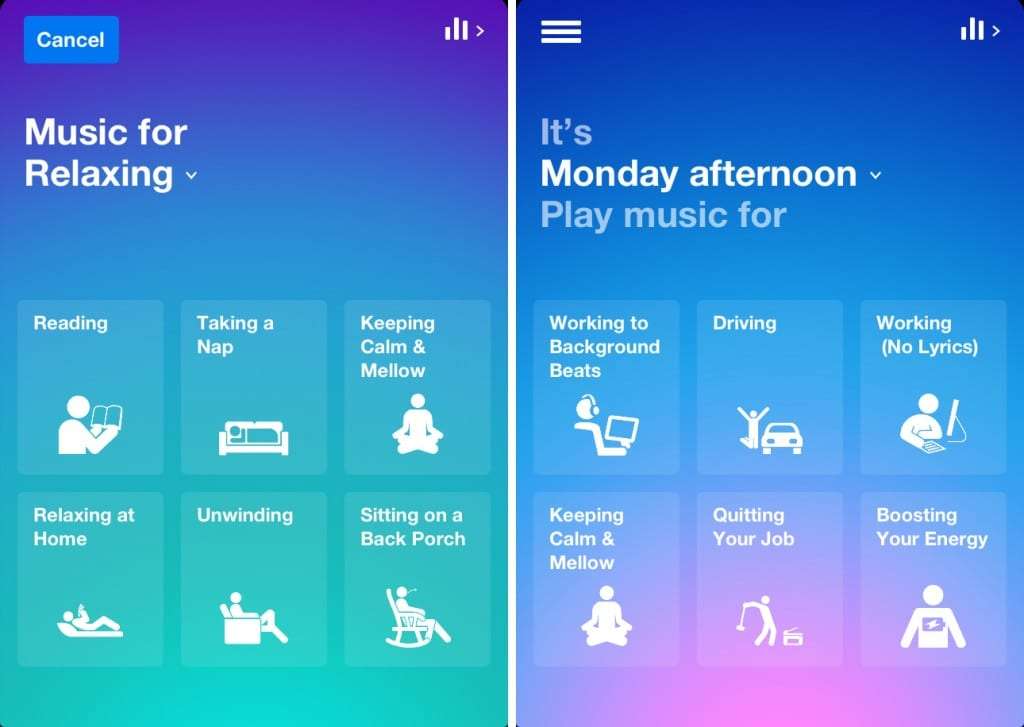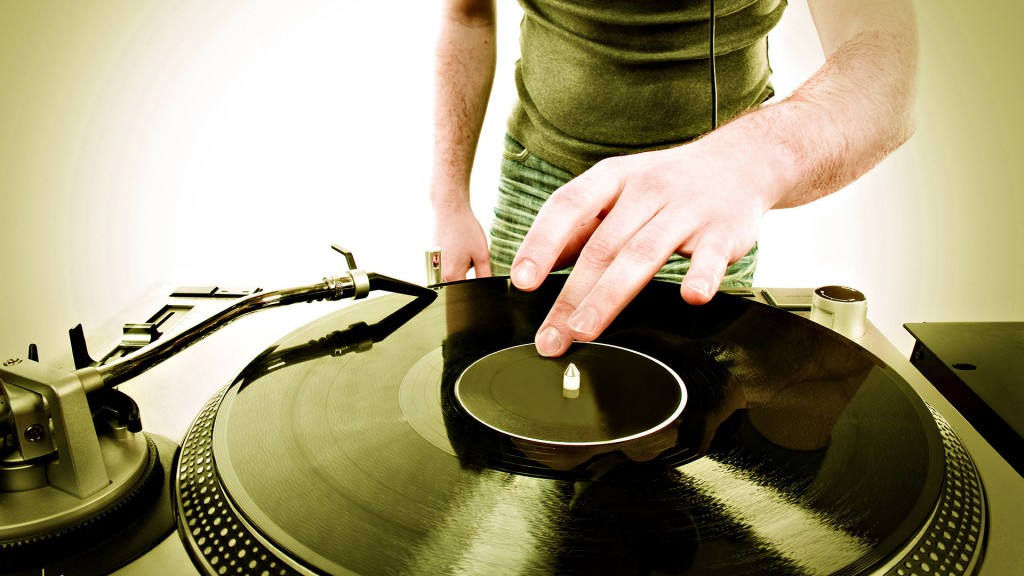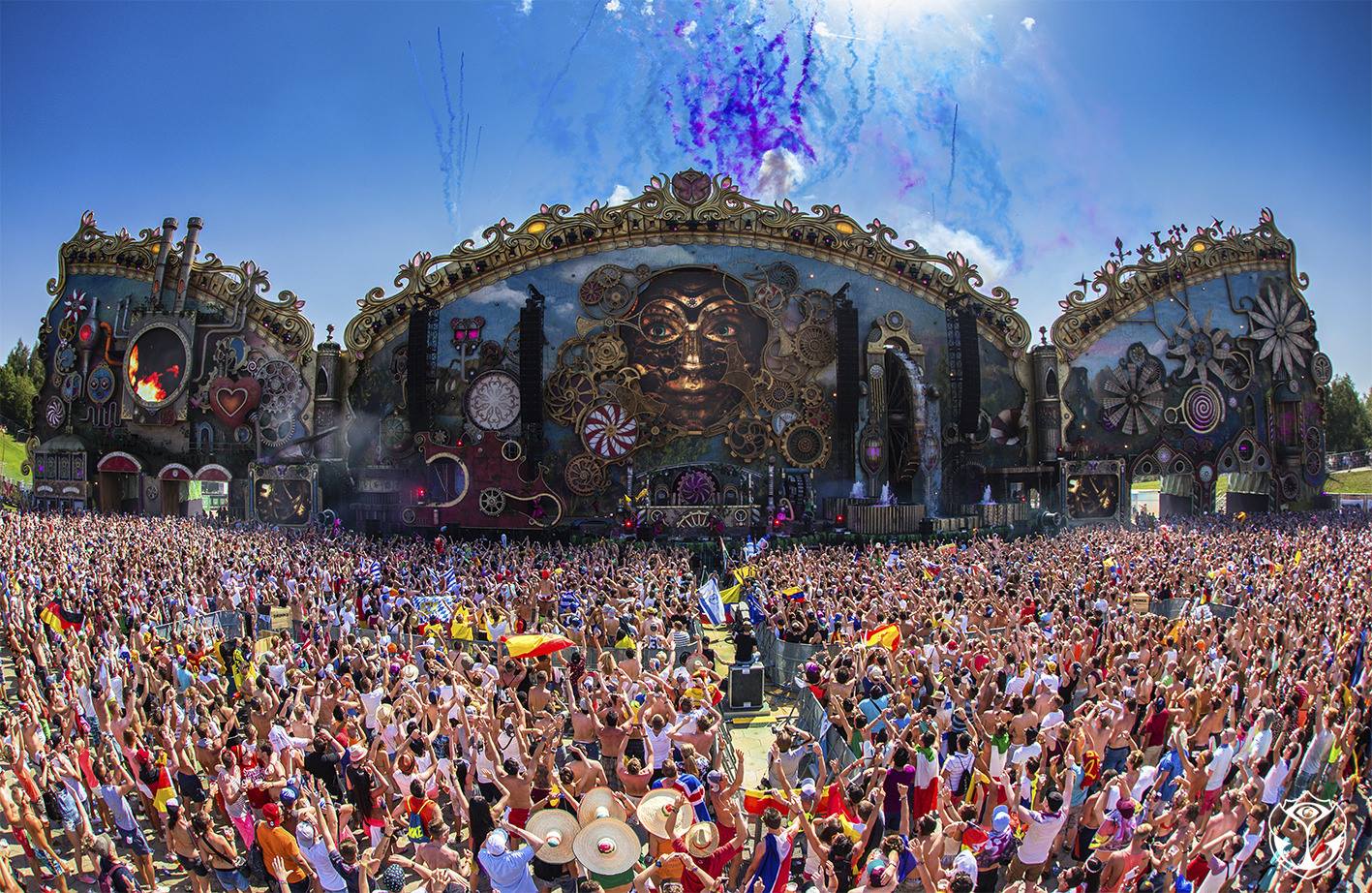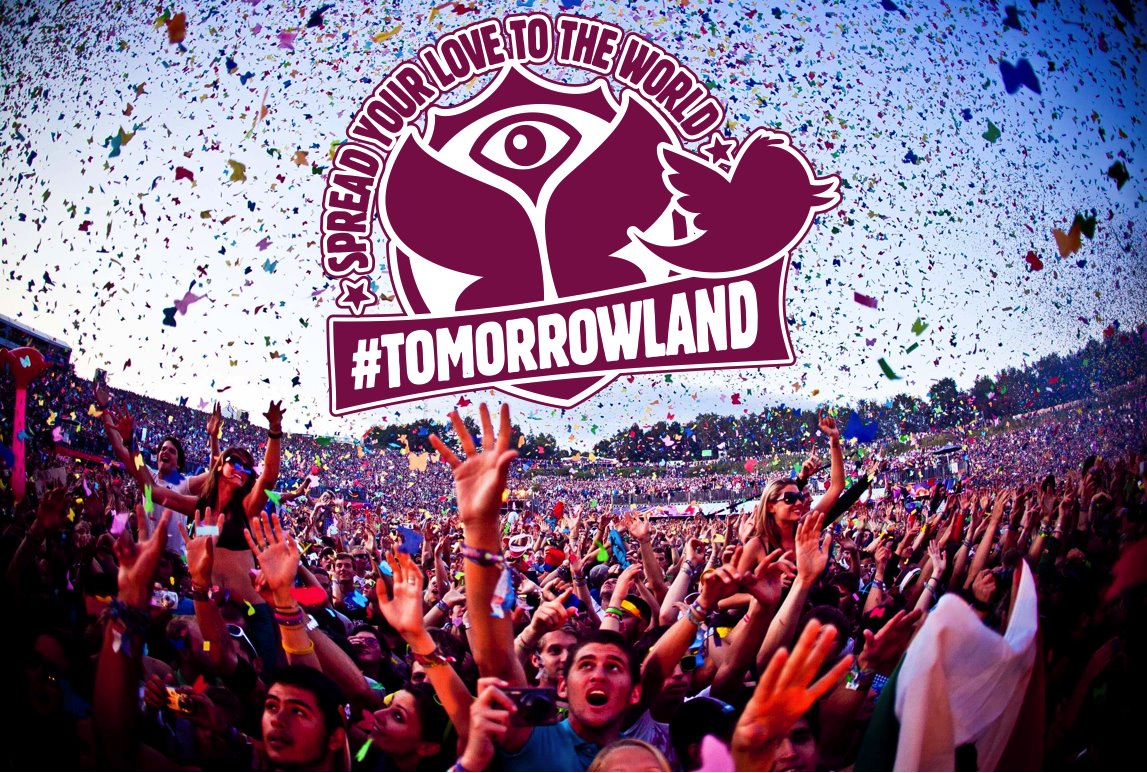If you’re lucky enough to have an actual social life rather than an array of social network accounts where your social life should be, you haven’t really witnessed the trend of list-related entertainment everyone’s so crazy about. While those “such and such happened, you won’t believe what happened next” articles still exist, list-related journalism is what’s hot right now, and websites/blogs that are riding the “a list of 10 reasons why lists are awesome” train are the ones arguably on top; BuzzFeed, anyone?
So why do we like lists so much? Well, here a short list:
- Lists keep procrastination to a minimum. Using lists, we can tackle huge tasks without really realizing it. If I tell you to write a symphony, you’d be lost (and so would I, for that matter), but if I give you a list of instructions on where and how to start, no matter how complicated or abstract the list was, you’d feel like it was doable.
- Learn music theory, harmony, and counterpoint.
- Get your hands on some music-writing software or some sheet music.
- Get inspired and come up with general themes for your piece.
- Spend time to expand on your themes until each theme becomes it’s own movement.
- Clean up what you’ve got so far and make an updated draft. Repeat until you’re satisfied.
- Take it to a music publisher.
- Boom.
In just six steps, you’ve learned how to create a musical masterpiece. Even though this list is like saying “1. Get a bachelors degree. 2. Get paid,” it’s seems like it’s not too difficult because you know where to start and where to go from there. You don’t need to procrastinate on the grand scheme of things (you do still need to “get inspired and come up with general themes,” though.)
- Lists bring order to chaos. According to David Wallechinsky, a co-author of the Book of Lists, published in 1977, “people are attracted to lists because we live in an era of overstimulation, especially in terms of information.” There is so much information thrown at us every day that we often get overwhelmed. If we just had some sort of list pointing out only the important and necessary information we need to digest to be efficient and go on with our lives, everything would be just dandy.
- Lists don’t go on forever. If, for example, we wanted to talk about the best movies of all time, we could keep on talking forever. I mean what’s a “good” movie anyways? What’s “good” is subjective. A good movie to me might be a movie that makes me laugh and cry at the same time, while a good movie to you might be one that gets you thinking about your life and where it’s going. Maybe if we had some sort of list (top 250 list, say), things could go much smoother. Using the collective opinions of hundreds of thousands of people, we could, in a sense, use the “wisdom of the crowd” to move us towards the right direction.
- Lists give us a sense of accomplishment. When you’ve got an item on a list, that item can eventually get crossed off. In the “how to make a symphony in 6 easy steps” list i made earlier, after you learn music theory, harmony, and counterpoint, you can cross that off. It doesn’t really matter that it’s an extremely hard, colossal step. All that matters is that, theoretically, it can eventually be done and crossed off the list. Lists don’t necessarily have to be steps, though. If i gave you a list of entertaining things to do for the day, you could cross each one of them off as you do them, and at the end of the day, you’ll feel like you’re enjoying and living your life to the fullest.
That’s why we love lists so much, and we’ve got all sorts of lists, don’t we? We’ve got movie lists, top 10 lists, to-do lists, wish-lists, grocery lists, checklists, linked lists, bucket lists, and, more importantly for this particular article, playlists.
One of the differences between computer and human-generated playlists is that the latter gives you some insight into the person’s personality, mood, and musical tastes. Someone might create a playlist for a specific purpose and intend for it to be played in a specific order. There’s a reason why Pink Floyd’s “Dark Side Of The Moon” album is the second best-selling album of all time. It’s not just about the music. The order of the songs is extremely important to fully grasp the meaning of the album. All the songs have specific purposes and meanings and were put in a specific order to tell a specific story, and you simply don’t get that with computer-generated playlists. This is something that services like Songza and Spotify, for example, offer. While they’re not as “smart” as other services like Pandora that utilize advanced algorithms to choose the next song, Songza and Spotify, among many other services, have the human-aspect of song-selection in mind. Artists and music enthusiasts alike can create playlists with specific purposes in mind. From our very own Sydney Sevdalis‘s “Songs To Share With Mom” playlist, to Porter Robinson’s “Absolute Bliss” playlist, to Skrillex‘ “Feel Good” playlist, each one was created with a particular mood and purpose in mind, and each one gives you some insight into the creator’s personality and taste.
So what’s next for music startups? A few days ago, The Next Web published an article about why we crave “human-curated” playlists (I encourage you to check it out here.) In it, they conclude that when it comes to music startups, there’s absolutely room for improvement. Playlists have been in existence since the very idea of a “song” came about, because a playlist, in it’s most general form, is nothing more than a list of songs. Sometimes they’re genre specific, sometimes they’re mood specific, and sometimes they’re just completely random (I should know; I’ve got an iTunes playlist that has everything from Beethoven’s “Moonlight Sonata,” to Earth Wind and Fire’s “September,” to KC And The Sunshine Band’s “Get Down Tonight.” Yeah, I like to live dangerously.) The next step for music startups is to better integrate both worlds. Relying solely on other humans to make our playlists is impracticable, unsustainable, and would simply throw us back into the age of mix-tapes and CDs, yet relying solely on computers and algorithms would rob us of the emotional, “genuine” aspect of it. It’s all about the middle ground.












